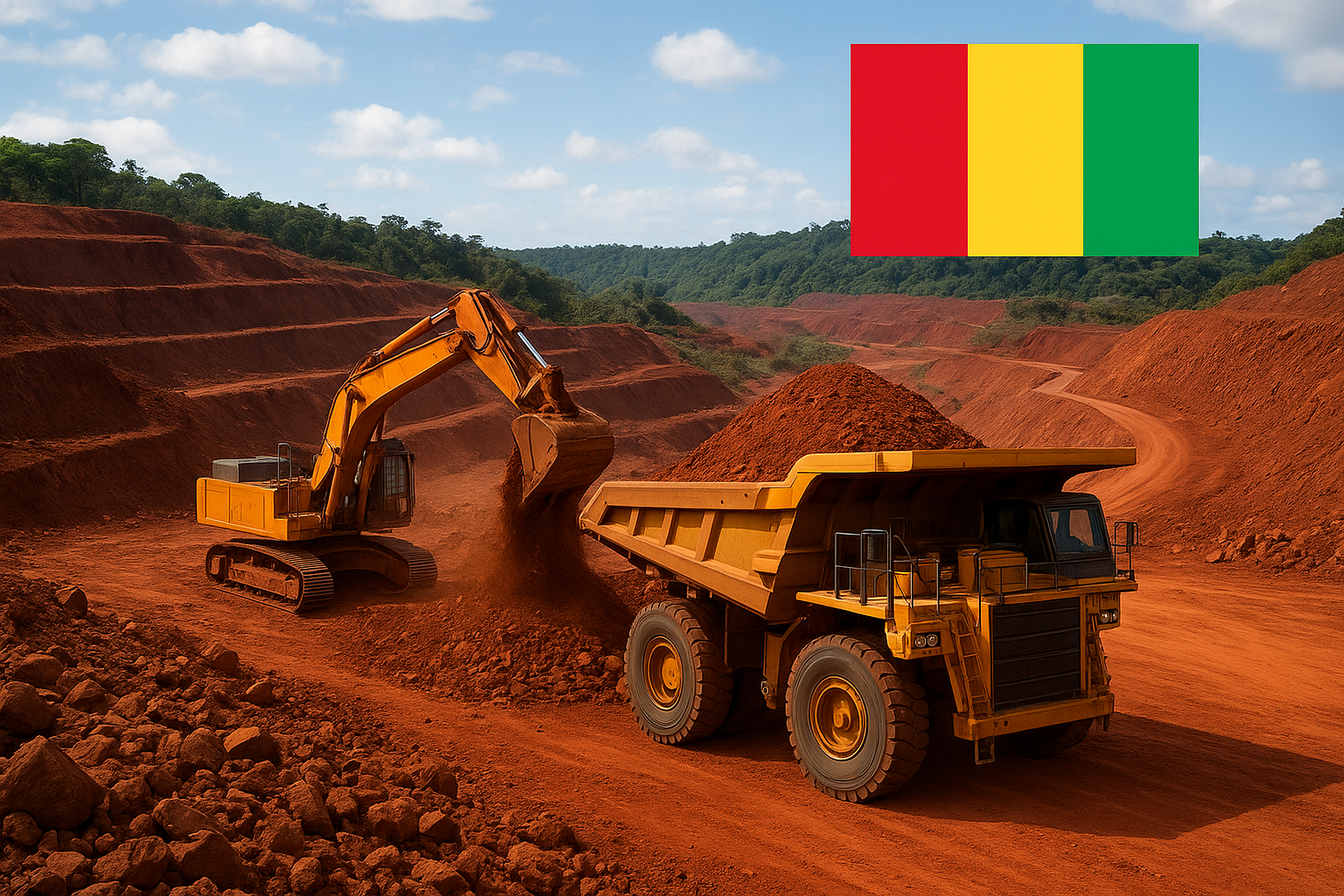

A single government decree has crystallised a conflict at the heart of modern extractive politics: how far can a resource state push for value-addition and control before it destroys the investment bedrock it claims to need? The answer (for now) may hinge on an arbitration filing lodged in New York that demands USD 1 billion in damages after Guinea revoked the mining licence of Axis Minerals, one of the country’s largest private bauxite operators.
 Image for referential purpose only
Image for referential purpose only
Also read- Odisha's AL renaissance: Angul Aluminium Park sets the stage for a global manufacturing hub
A purge was announced on television
On 14 May 2025, Guinea’s transitional authorities moved to “clean up” the national mining cadastre. The action, deemed public, swift and sweeping, saw the cancellation or revocation of dozens of mining titles. Reuters reported the initial tally at 46 licences (other counts later placed the total of revoked or cancelled permits higher as government reviews continued). The stated rationale was a string of alleged breaches of the 2013 mining code: licence holders had not begun operations, had under-invested, or had failed to meet downstream commitments. For many operators the announcement arrived by television bulletin rather than a formal notice from regulators.
Axis Minerals — a group controlled by businessman Pankaj Oswal that had been developing a sizeable bauxite complex in Boffa — found itself named among those affected. Management says it learned of the revocation through the same national broadcast as everyone else. The company says it had invested heavily over multiple years, had exported at scale since 2023, and had no open enforcement case that commended summary cancellation. The government frames the purge as overdue enforcement; investors call it arbitrary.
The numbers that make this personal
Responses








